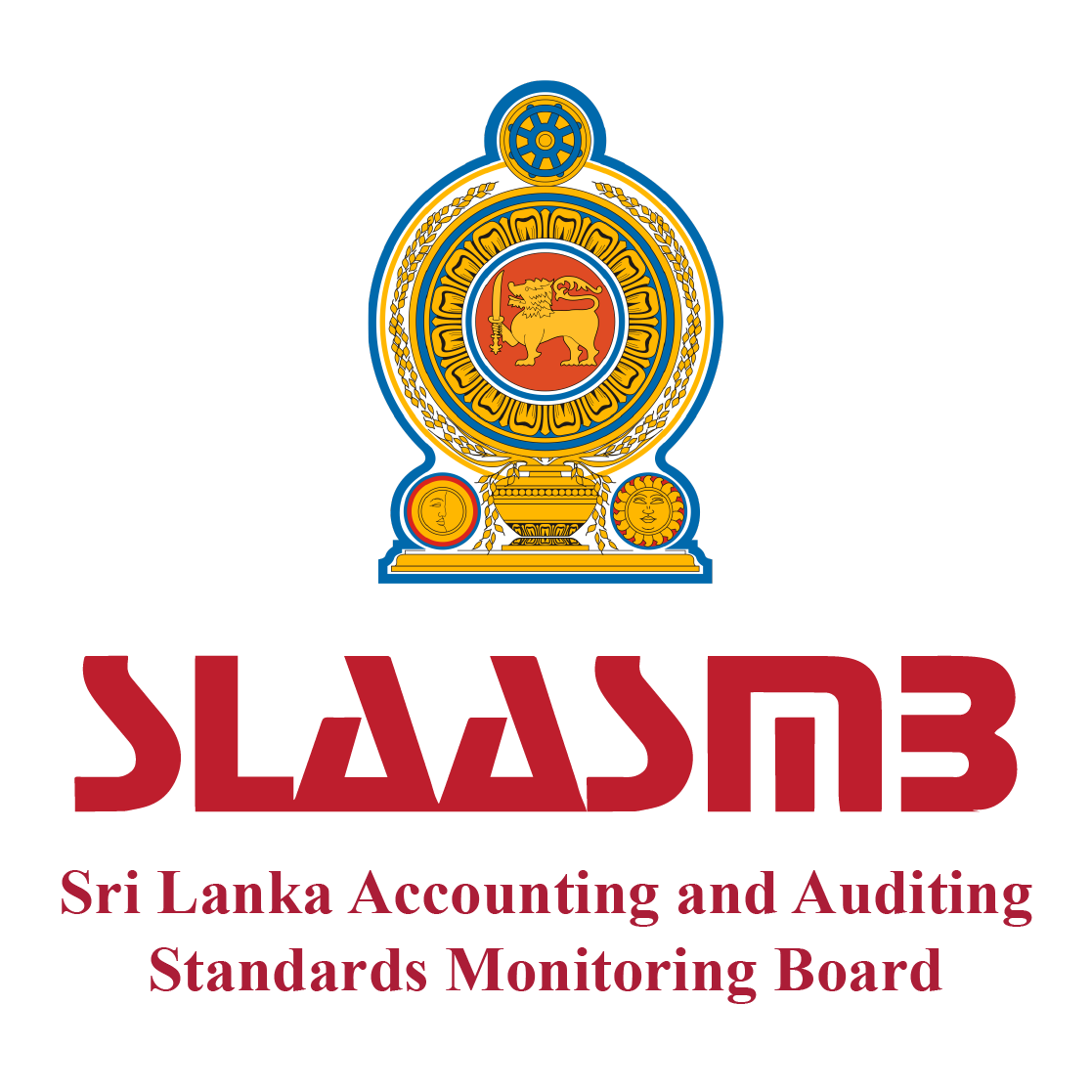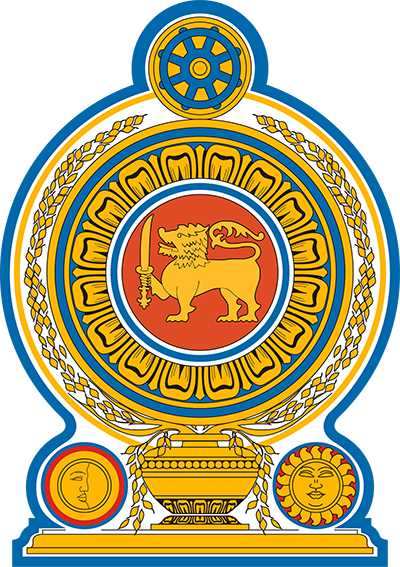


Sri Lanka Accounting and Auditing Standards Monitoring Board (SLAASMB) continued to improve the risk based audit inspection approach, adopted in 2016 as an initiative towards enhancing the audit quality, in its endeavor to improve the audit quality environment, with the aim of enhancing reliability of the financial statements.
SLAASMB continued monitoring compliance with Sri Lanka Auditing Standards by conducting regular audit inspections and thematic inspections during the year. Further, as a measure to prepare the audit market environment for firm-wide quality inspections in the future, SLAASMB continued the work relating to firm-wide audit quality inspections which commenced in 2018 on firms volunteered to be inspected.
In addition, SLAASMB carried out audit inspections focused at Key Audit Matters (KAM), as a proactive mechanism to review the level of communications of KAM in independent auditor’s report with the application of Sri Lanka Auditing Standard 701 in the year 2018.
Accordingly, SLAASMB conducted a total of 45 inspections on audit engagements conducted by 7 audit firms during the year compared with 50 audit engagements conducted by 10 firms during the year 2018. The 45 inspections conducted on audit engagements comprised of 33 regular audit inspections approached through a risk based focus which enabled in-depth inspections into the predetermined specific areas and 12 thematic inspections. 10 of the 33 regular inspections comprised of audit inspections focused on KAM. In comparison to the 45 inspections carried out during the year, 50 inspections conducted in 2018 comprised of 31 regular audit inspections and 19 thematic inspections. The audits inspected during the year included 29 audits carried out by 4 firms which are members of international networks.
Based on the severity of the observations made during the inspections, SLAASMB adopted diverse measures in its effort of making the auditors to improve themselves in order to achieve the aim of improving the audit quality environment. During the year, measures such as issuing of letters of warning and letters of Observations continued. In this process of enhancing the audit quality throughout the audit industry, areas for improvement observed were communicated to respective firms during the year. Based on the significance of the issues, where necessary, SLAASMB had referred the deficiencies in audit quality to CA Sri Lanka and to The Securities Exchange Commission of Sri Lanka.
During the year 2019, two letters were issued by SLAASMB to two audit firms warning the said firms on the failure to comply with Sri Lanka Auditing Standards (SLAuSs) and failure to exercise the fundamental ethical principles of professional competence and due care when conducting the audit of an SBE. Accordingly, SLAASMB issued letters of warning to the audit firms, KPMG and Carter de Costa & Co., requiring the said firms to act diligently and in accordance with the requirements of applicable auditing standards when conducting audits of financial statements, in the future.
When regular audit inspections results in finding non–compliances with standards which are material but not significant as to require further action under the statue, such deficiencies are communicated to the audit firms by letters of assistance termed as “Letters of Observations”. Such deficiencies were identified in 15 audit engagements conducted by 6 firms.
When improvements are required in audits to improve audit quality, such improvements are communicated as suggestions for improvements. During the year, suggestions for improvements relating to 6 audit engagements were communicated to 2 firms. The auditors of such firms are expected to improve on the areas identified in their future audits.
Significant deficiencies communicated by letters of observations included
Failure by the auditor to express an appropriate audit opinion was observed in following instances;
Failure by the auditor to obtain sufficient appropriate audit evidence from test of controls and substantive procedures to support financial statement assertions were observed as follows:
Following observation was made in relation to not maintaining effective two-way communication in an audit of financial statements:
Observations on not fulfilling the auditor’s responsibility to identify and assess the risks of material misstatement in the financial statements, through understanding the entity and its environment, including the entity’s internal controls are as follows:
Instances where the auditor has failed to obtain sufficient appropriate audit evidence on fair value estimates are as follows:
Observations on failure to address risk of fraud by the auditor includes:
Sri Lanka Auditing Standard 701, which came into effect in the year 2018, deals with the auditor’s responsibility to communicate key matters, in the auditor’s report. It is intended to address both the auditor’s judgment as to what to communicate in the auditor’s report and the form and content of such communication. This new extended auditor’s report is expected to be more informative and more transparent for the intended users by assisting them in understanding those matters that, in the auditor’s professional judgment, were of most significant in the audit of the financial statements of the current period. Communicating key audit matters also assists users of the financial statements in understanding the entity and areas of significant management judgment in the audited financial statements, as such matters are areas of focus in performing the audit.
In the process of KAM inspections, key audit matters in independent auditor’s report were analyzed in the first year of reporting, i.e., 2018 with a proactive mechanism to review the level of communications of KAM in Sri Lanka. The aim of this process was to improve future application of KAM with compliance of Sri Lanka Auditing Standard 701 in order to achieve the objective of the new extended auditor’s report. Following lapses in the application of KAM were observed and communicated to the auditors;
The thematic inspections conducted since 2017, as a part of the annual programme of regular inspections of individual audits, are deliberately narrow in scope, and are chosen to focus on a specific aspect of the audit in a greater depth than is generally possible in regular inspection of audits .Accordingly, a thematic inspection looks at the application of firms’ policies and procedures in respect of a specific area or aspect of the audit selected by SLAASMB, to enable comparison among audit firms with a view of identifying both good practices and areas of common weaknesses
The objective of the aforesaid thematic inspection was to ascertain the practices of firms on having dialog with TCWG and the extent of communication. The communication enables the auditor to develop a constructive working relationship with TCWG, while maintaining the auditor’s independence and objectivity. Further, these communications will enable TCWG to fulfill their responsibility of overseeing the financial reporting process. Thus, the effective communication between the auditor and TCWG, is expected to result in strengthening the audit quality environment of the country. In ascertaining the effectiveness of such dialog, SLAASMB was instrumental in taking a further step by conducting discussions with Audit Committee members of the inspected SBE’s, in their capacity of TCWG.
This initiative paved way for SLAASMB to assess the level of importance placed by TCWG on having effective communication with auditors. These discussions supported SLAASMB to convey the importance of effective communication with auditors and the responsibility vested on the members of Audit Committees in the capacity of TCWG in selecting and evaluating the statutory auditor of the company and in assessing the quality of the audit service extended by the auditor.
Findings of the thematic inspection creates a platform to compare the related best practices within the audit profession. Further, SLAASMB has also highlighted the areas to be focused by the Audit Committee members in their capacity of TCWG in order to form the base to effectively discharge their duties in relation to the conduct of an effective audit in the future. The Report on the findings of these inspections can be found in the SLAASMB’s website (http://slaasmb.gov.lk).
During 2019, SLAASMB focused on the theme Related Parties which was selected due to the complex business structures which leads to complicated networks of relationships and transactions among related parties. SLAASMB has conducted thematic inspections on the said theme, on a sample of 12 audit engagements conducted by 4 audit firms. The report of the thematic inspections conducted in 2019 on the theme- related parties is in-the-process of being finalized.
Consequent to the need for a revision to the statute enacted more than two decades ago, and as a part of the Government’s capital market development program, proposals were made to amend the Sri Lanka Accounting and Auditing Standards Act No. 15 of 1995. The said amendments included a proposal by which the Sri Lanka Standards on Quality Control 1(SLSQC1) would be made mandatory, for auditors who audit financial statements of specified business enterprises (SBEs).
While the Act No. 15 of 1995 is in the process of being amended, SLAASMB requested audit firms who conduct audits of a significant number of SBEs, to volunteer to be subject to an inspection on their compliance with the requirements of SLSQC 1. This quality focus inspection mechanism is expected to enhance the audit quality throughout the firm.
In response to the request made to four firms, the two firms, Ernst and Young and KPMG took the lead and volunteered to be subjected to firm-wide quality inspections by SLAASMB. In the initial step of implementing firm-wide quality inspections, the two firms were inspected on the topic ‘Tone at the top and audit quality’. The inspection which commenced in 2018 continued during 2019 with the data gathering and analysis taking place. However, the field work of the inspections have now been completed and the reports are in the process of being issued in 2020.
This trial process is expected to enhance the readiness of the auditor towards the conduct of the firm-wide quality inspections and to streamline SLAASMB’s regulatory approach, enabling the effective conduct of firm-wide quality inspections, when mandatory adoption is effective.
SLAASMB expects to continue the regular audit inspections and thematic inspections with the aim of encouraging firms to improve on conducting audits communicated through letters of observations and reports on thematic inspections resulting in enhancing the quality of the audit market. In pursuing with the said objective, SLAASMB has undertaken to submit findings for the annual survey conducted by the International Forum of Independent Audit Regulators (IFIAR) in its attempt to pursue with the new matric of measuring changes in the rate of audits inspected with the findings, against a reduction of at least 25% over four years from 2019, relating to inspections of listed entities by firms of international networks.